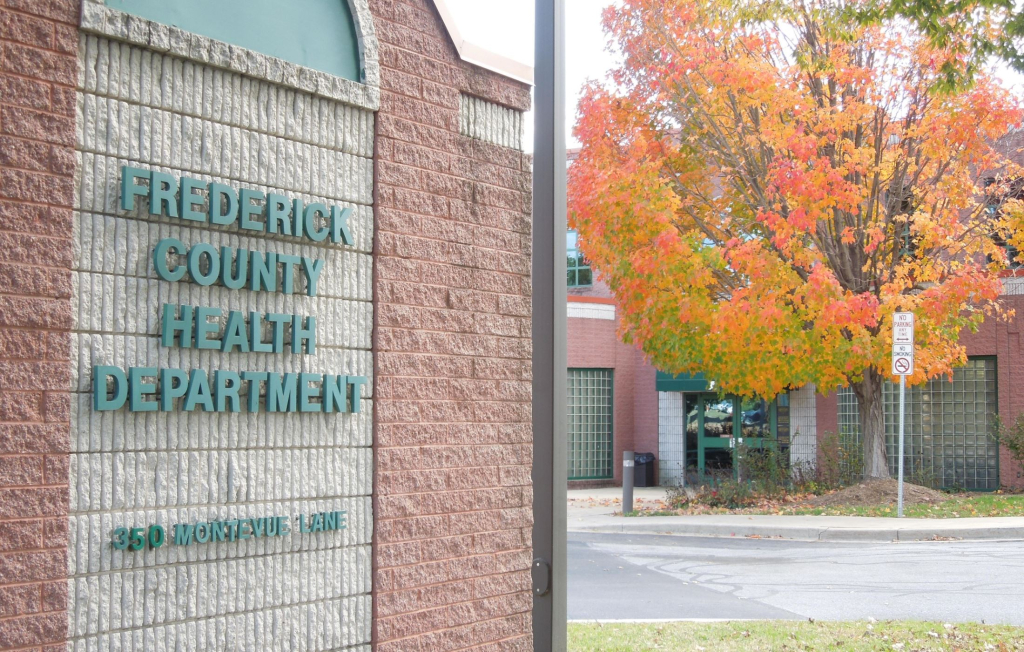The Health Department says most were wild animals.

Frederick, Md (KM) The Frederick County Health Department’s Environmental Health Division says there were 32 animals which tested positive for rabies last year. They consisted of 13 raccoons, 13 skunks, three foxes, one bat, one otter and one horse.
Alicia Evangelista, Program Manager for the Environmental Health Office Community Services Development Review, says that statistic is close to average in the county. “So we took a look at our last five years, and we average between 23 and 32. So we have totals like 29, 25.. 32 was this year’s total. It’s higher than our 29., but it’s close to what we’ve been averaging.”
Evangelista says the locations for these rabid animals is spread throughout the county. “Looking at the map that we have, the rabies is actually spread out throughout the county. There’s no hot spots,” she says. “You have ’em everywhere from Sabillasville up by Mount Airy down to Brunswick and out to Myersville.”
She also says the county isn’t seeing higher numbers in new developments.
Rabies is a viral disease which mainly affects mammals. It’s spread through the saliva of an infected animal, mainly through a bite or a scratch. Evangelista says there are certain characteristics to look out for in wild animals to determine if they are rabid. “One thing you might want to be looking for that people don’t expect for say a raccoon being unusually friendly. They’re more familiar with them being aggressive,” she says.
Raccoons are also nocturnal, and seeing them during the daylight hours is another sign that the animal could be rabid.
Other signs that an animal may have rabies are excessive salivation and limping. If you notice any of these characteristics from animals in your yard, Evangelista says it’s best to get inside, and bring your pets with you. “Exposure is bite or scratch. Rabies is transferred via saliva. So you don’t want any interaction with them at any cost So you want to go in, and take your dog in,” she says.
The Health Department says Rabies is always nearly fatal in humans once symptoms develop. But it can be prevented with appropriate post exposure treatment. If you or anyone you know is bitten or scratched by an animal which may be rabid, you need to call your doctor or health care provider as soon as possible. “Monday through Friday we have nurses that specialize in rabies here at the Health Department and they are able to help guide you as well as your doctor. They will work with your doctor. And they will work with the hospital if needed,” says Evangelista.
The Health Department says make sure your pets are up to date on their rabies shots.
There are a number of places to call to find more about rabies. For testing wildlife for rabies, you can call Frederick County Animal Control at 301-600-1544. To speak with a rabies nurse, call the Frederick County Health Department’s Community Health Services at 391-600-3342. Anyone who needs general rabies information can call 301-600-1717. And to get information on sick or injured wildlife that has not had exposure to people, pets or livestock, call the US Department of Agriculture’s Wildlife Services Office at 1-877-463-6497.
By Kevin McManus